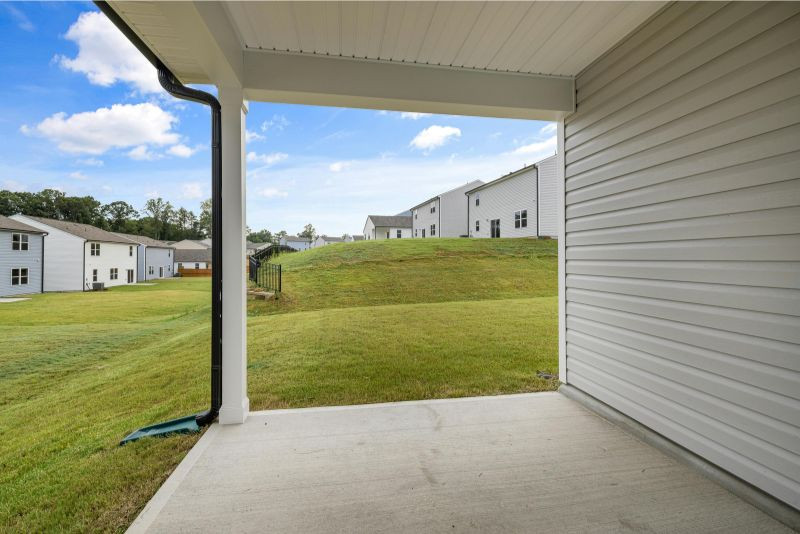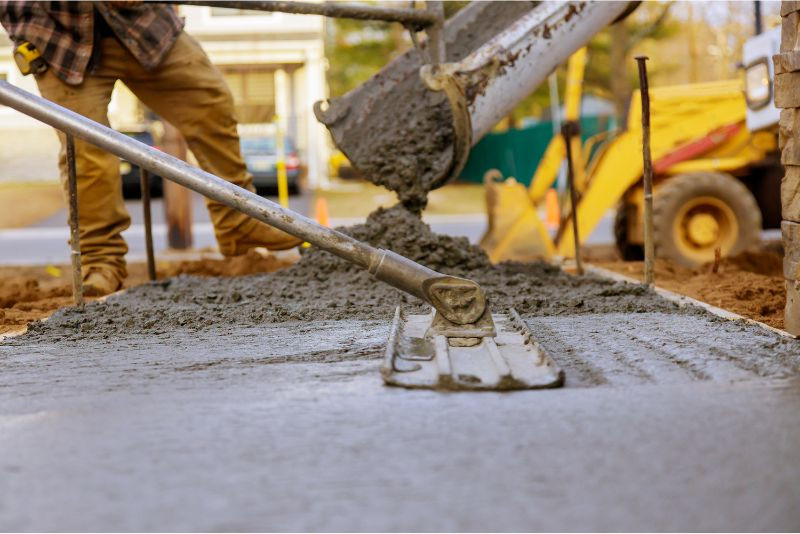Urgent Concrete Problems: How to Handle Critical Repairs Fast
Pialba, Australia - September 2, 2025 / Coastal Concreters Hervey Bay /
When concrete damage strikes unexpectedly, knowing whether you're dealing with a true emergency can make the difference between a simple repair and a costly reconstruction project. While most concrete issues can wait for scheduled repairs, some situations demand immediate attention to prevent injury, further damage, or complete structural failure.
Understanding when concrete problems require emergency intervention helps property owners make informed decisions and take appropriate action. Not every crack or chip needs urgent attention, but certain warning signs should never be ignored.

Recognising True Concrete Emergencies
True concrete emergencies typically involve structural integrity or immediate safety risks. Large cracks that appear suddenly, especially those wider than a quarter-inch, often signal serious underlying problems. These cracks may indicate foundation settlement, soil movement, or structural overload that could worsen rapidly.
Sinking or settling concrete sections present another emergency scenario. When driveways, walkways, or foundation slabs drop noticeably, they create trip hazards and may indicate serious foundation issues. Water pooling against foundation walls due to settling concrete can lead to basement flooding or structural damage.
Exposed reinforcing steel (rebar) in concrete structures requires immediate attention. Concrete damage that blocks essential access points also constitutes an emergency. Severely cracked or heaving concrete that prevents safe entry to homes or businesses needs immediate repair to maintain building accessibility and safety compliance.

Safety Hazards That Require Immediate Action
Several concrete conditions pose immediate safety risks to occupants and visitors. Loose concrete pieces that could fall and injure someone require emergency attention. This commonly occurs with overhead concrete structures like balconies, overhangs, or precast panels.
Trip hazards created by uneven concrete surfaces, large cracks, or sudden elevation changes present liability concerns for property owners. These hazards become particularly dangerous in high-traffic areas or locations used by elderly individuals or those with mobility challenges.
Water infiltration through damaged concrete can create slip hazards and promote mould growth. When concrete cracks allow water to enter basements or interior spaces, emergency repairs may be necessary to prevent extensive water damage and health concerns.
Temporary Solutions vs. Professional Emergency Repairs
While waiting for professional emergency concrete services, property owners can implement temporary safety measures. Barriers, warning tape, or temporary fencing can redirect traffic away from dangerous areas. However, these measures should never replace proper repairs.
Temporary patching materials available at hardware stores may provide short-term solutions for minor issues, but they're not suitable for structural problems or major safety hazards. These products often fail to bond properly with existing concrete and may worsen the problem by trapping moisture or creating weak points.
Property owners should avoid attempting major emergency repairs themselves. Concrete work requires specific knowledge about materials, mixing, curing, and structural requirements. Improper emergency repairs often cost more to fix than the original problem would have cost to repair correctly.
What to Do While Waiting for Emergency Service
When concrete emergencies occur, immediate action can prevent injuries and minimise damage. First, secure the area by restricting access and posting clear warnings about the hazard. Document the damage with photos for insurance purposes and to help repair professionals understand the scope of the problem.
Contact emergency concrete repair services immediately, even outside normal business hours. Many concrete contractors offer emergency response services for urgent situations. Provide clear descriptions of the damage and any immediate safety concerns when calling for service.
If water is involved in the emergency, attempt to redirect the flow away from damaged areas when safely possible. Standing water can worsen concrete damage and complicate repair efforts. However, never attempt to enter flooded areas or work with electrical systems in wet conditions.
Gather relevant information about the concrete structure, including its age, any previous repairs, and recent weather conditions or construction activity that might have contributed to the damage. This information helps repair professionals plan appropriate emergency response strategies.
Preventing Future Concrete Emergencies
Regular concrete inspections can identify potential problems before they become emergencies. Property owners should examine concrete surfaces seasonally, looking for new cracks, settling, or changes in appearance. Early detection allows for planned repairs that cost less than emergency interventions.
Proper drainage around concrete structures prevents many emergencies. Ensuring water flows away from foundations, driveways, and walkways reduces the risk of soil movement and concrete damage. Regular gutter cleaning and proper grading help maintain effective drainage systems.
Professional concrete maintenance services can extend the life of concrete structures and reduce emergency repair needs. Sealing, cleaning, and minor repairs performed on schedule prevent small problems from developing into major structural issues.
Understanding local soil conditions and climate factors helps property owners anticipate potential concrete problems.

Take Action When an Emergency Strikes
When concrete emergencies occur in the Hervey Bay area, Coastal Concreters Hervey Bay provides rapid response services to address urgent structural and safety concerns. Their experienced team understands the unique challenges of coastal concrete environments and offers 24/7 emergency response for critical situations.
Don't risk safety or allow concrete damage to worsen while waiting for regular business hours. Contact Coastal Concreters Hervey Bay immediately when concrete emergencies threaten property or personal safety.
Their expertise in emergency response and comprehensive concrete services ensures your property remains safe and structurally sound when unexpected concrete problems arise.

Contact Information:
Coastal Concreters Hervey Bay
36 Boat Harbour Dr
Pialba, QLD 4655
Australia
Jennifer Carson
+61 7 4144 9742
https://concretersherveybay.com/



